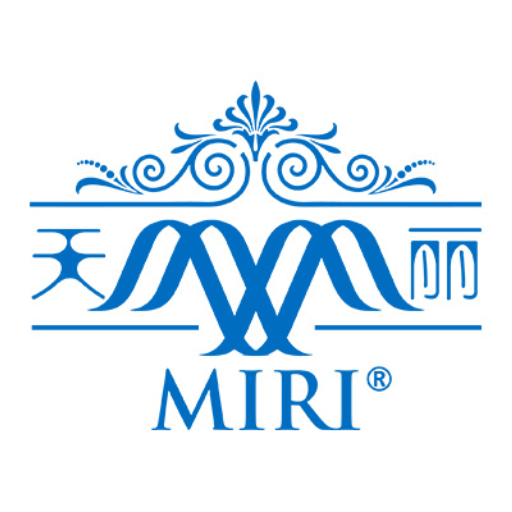Menopause: A Comprehensive Guide to Symptoms, Relief, and Embracing Change
Menopause is a natural biological process that marks the end of a woman’s reproductive years. While it’s a normal transition, the hormonal changes can bring various physical and emotional symptoms that affect quality of life. Understanding menopause and learning how to manage its symptoms can help you navigate this stage with confidence and grace.
What is Menopause?
Menopause officially begins 12 months after a woman’s last menstrual period. The years leading up to this point, when hormone levels begin to fluctuate, are called perimenopause. This transition typically occurs between ages 45-55 but can happen earlier or later for some women.
During menopause, the ovaries gradually produce less estrogen and progesterone, leading to changes throughout the body. As explained in our blog Understanding Menopause: A Natural Transition, this hormonal shift affects everything from bone health to skin elasticity.
Common Menopause Symptoms
Every woman’s experience with menopause is unique, but some common symptoms include:
- Hot flashes and night sweats
- Sleep disturbances (as explored in Menopause and Sleep)
- Mood changes and irritability
- Weight gain and slowed metabolism
- Vaginal dryness
- Decreased libido
- Changes in skin elasticity and hair texture
Natural Approaches to Managing Menopause
Hormone-Balancing Nutrition
A diet rich in phytoestrogens (plant-based
